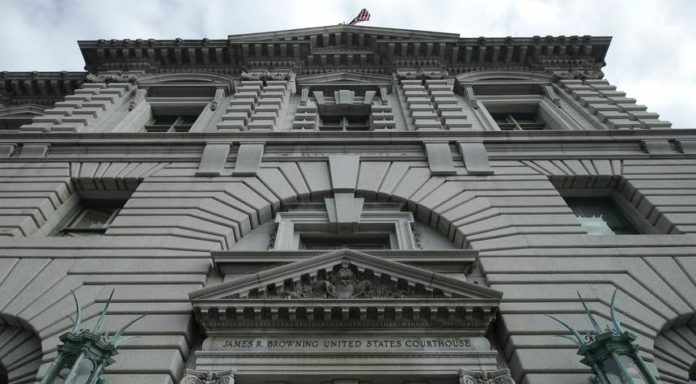Miss United States of America (USOA), has a rule that natural women can compete. After “Anita Green”‘s pageant application was rejected and his funds refunded, he sued.
Other pageants like Miss USA or Miss Universe allow biological men to “identify as” women to compete against real women. However, Miss USOA requires that contestants be natural-born women.
The pageant claimed that it is protected by the First Amendment and can freely associate with transgender men. Allowing them to identify as women of color would “undermine” its vision of “empowering only biological girls.”
Green fought his lawsuit, which was eventually dismissed. His latest attempt to enter the women’s pageant by forcing himself in has been rejected. The Ninth Circuit Court of Appeals affirmed the earlier ruling and sided with the pageant again on First Amendment grounds. The opinion summary states that “the district court held the First Amendment protected Pageant’s expressive association’s rights to exclude persons who would affect the group’s freedom to express its views.” The panel agreed that the summary judgment for Pageant was correct but it did so not under the First Amendment’s protection of freedom to the association but under the First Amendment’s protection against compelled expression.
The panel affirmed that the First Amendment guarantees that Congress “shall not make any law.” . . “abridging freedom of speech” extends its protections for theatrical productions. Beauty pageants are included in this range. The panel agreed that beauty pageants generally reflect the ideal vision of American womanhood. The Panel stated that it was not possible to separate the Pageant’s message from its selection and evaluation process. If it had to allow Green to compete, the Pageant wouldn’t be able to communicate “the celebrations of biological women.” The First Amendment gives the Pageant the power to communicate this message and enforce its “natural born woman” rule.
Attorney John Kaempf represented Miss United States of America and Tanice Smith, its Christian owner. The ruling was celebrated by Kaempf.
Kaempf stated that the Ninth Circuit’s current opinion is firmly supported today by United States Supreme Court precedents and common sense. “The Ninth Circuit ruled my client “would not be in a position to communicate the celebration of biological women” if forced to permit Green to participate. ‘”
Kaempf added, “The Ninth Circuit’s conclusion says it all: ‘Green asks to use the power of the state to force the Miss United States of America to express a message contrary to what it desires to express. The First Amendment says no.’”




